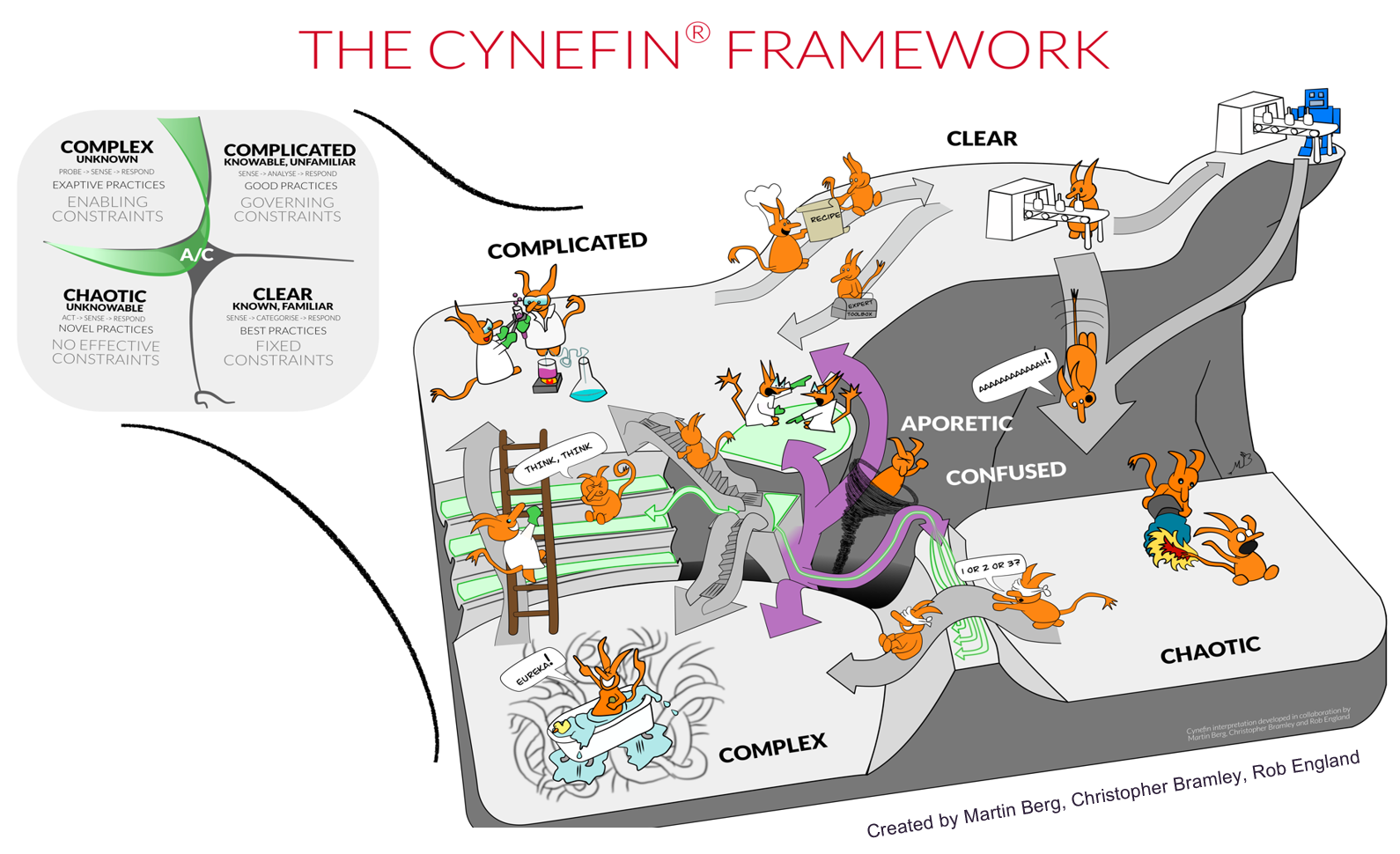Confirmation seminar presented by Ayyappa Thejus Mohan
As the modern built environment grows increasingly complex, Fire Safety Engineers (FSEs) and Authorities Having Jurisdiction (AHJs) face significant challenges in delivering fire safe buildings. This complexity increases with the introduction of new materials and construction methods, along with the rapid evolution of technology. Despite these challenges, there remains a focus on regulatory compliance as opposed to delivering a fire safe built environment. This has led to an overreliance on prescriptive codes and guidance documents, which often lack scientific and engineering explanations, for developing fire safety designs. Therefore, it is questionable whether current fire safety engineering practices are sufficient to deliver a fire safe built environment. This research aims to explore the impact of complexity on fire safety and to contribute to an improved ability to evidence satisfactory performance of fire safety design, explicitly accounting for growing complexity in the built environment. Herein, the current problem in fire safety engineering practice will be characterised by introducing the concept of sense-making. The gap between reality and fire safety design developed by FSEs will be investigated, explicitly accounting for increasing complexity in the built environment. Considering FSEs as respected partners, a risk problem classification framework based on latest advances in risk science will be developed to help them better manage risk in modern buildings. This framework will be demonstrated through a real-world case study, and the benefits and challenges in adopting this framework from a practical viewpoint will be emphasised. It is hoped that outcomes of this research help the fire safety engineering community and other building project stakeholders to make sense of the context of the existing fire problem, understand the implications of existing focus on regulatory compliance, adopt risk management strategies appropriate to the context of the fire problem and evidence satisfactory performance of fire safety design.
About Confirmation Seminars
The purpose of the confirmation milestone is to ensure that the candidate receives appropriate feedback in relation to the viability and progress of the thesis project and that the resources required to complete the program of research within the recommended timeframe are available. It is also an opportunity to ensure that the candidate has demonstrated the capacity and capability to successfully complete the thesis in a timely manner.


